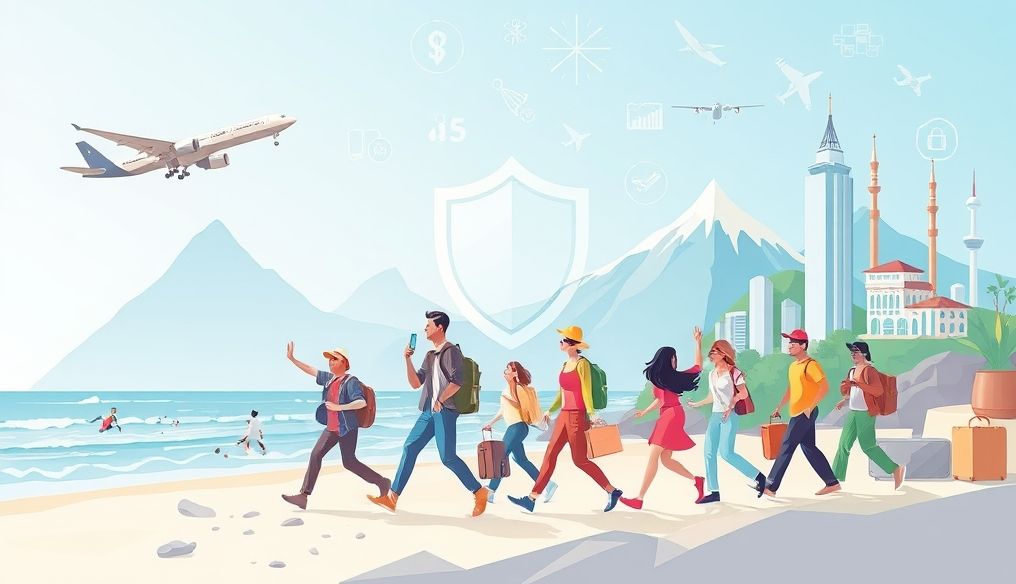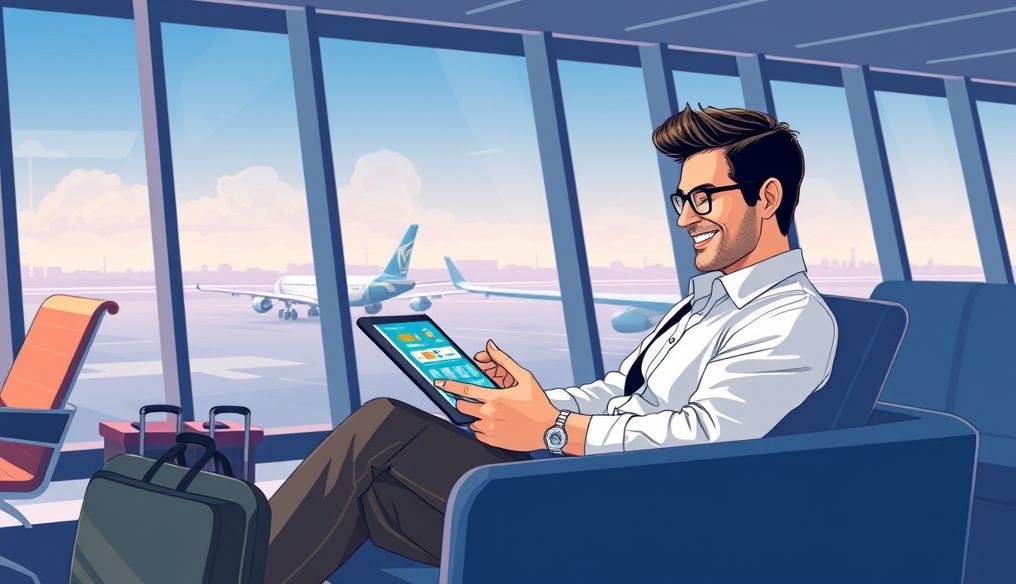How to Plan an Economical and Enjoyable Trip Without Sacrificing Quality?
Traveling is one of the most enriching activities we can undertake. It broadens our horizons, exposes us to new cultures, and creates memories that last a lifetime. However, travel is often perceived as expensive, making it out of reach for many. But what if I told you that you can enjoy an unforgettable trip without breaking the bank? This article is your comprehensive guide to planning an economical and enjoyable travel experience.
Chapter 1: Planning Ahead is Key
Planning ahead is the cornerstone of any successful and economical travel journey. The earlier you start planning, the more options you have and the better your chances of securing great deals.
Researching Destinations
First and foremost, decide on your destination. Research destinations that fit your budget and interests. Some countries and regions are inherently more affordable than others. For example, Southeast Asia or Latin America are often more budget-friendly options than Western Europe or North America.
- Use Comparison Tools: Sites like Skyscanner and Google Flights allow you to compare flight prices from various airlines.
- Be Flexible with Dates: Flights during weekdays or off-peak seasons are often cheaper.
- Consider Alternative Airports: Traveling to a smaller or less congested airport might be more economical.
Setting a Budget
Establish a realistic budget for your trip. Consider all potential expenses, including:
- Transportation costs (flights, trains, buses, taxis)
- Accommodation (hotels, hostels, Airbnb)
- Food and drinks
- Activities and attractions
- Travel insurance
- Unexpected expenses
Once you have a defined budget, you can start looking for ways to cut costs.
Chapter 2: Securing the Best Flight Deals
Airfare is typically the largest travel expense. Here are some tips to secure the best deals:
Book Early
Flight prices are generally cheaper if you book them several months in advance of your travel date. However, it may also be worth looking for last-minute deals, especially if you are flexible with your destination.
Use Comparison Websites
Use comparison websites like Skyscanner, Google Flights, and Kayak to find the cheapest flights. Set up price alerts to receive notifications when flight prices to your desired destination drop.
Be Flexible with Dates and Times
Flights during weekdays or off-peak seasons are often cheaper. Try to be flexible with your travel dates and times to find the best deals.
Consider Low-Cost Airlines
Low-cost airlines often offer cheaper fares than traditional airlines. However, be sure to read the fine print, as they may charge extra for checked baggage, meals, and reserved seating.
Chapter 3: Economical Accommodation Options
Accommodation is another significant travel expense. Here are some budget-friendly options:
Hostels
Hostels are a great option for budget travelers. They offer basic accommodation at affordable prices, and often include breakfast. Plus, hostels are a great place to meet other travelers.
Airbnb
Airbnb can be a good option if you are traveling with a group or are looking for a longer stay. You can rent an apartment or a room in a private home, which is often cheaper than hotels.
Budget Hotels
There are many budget hotels that offer comfortable accommodation at affordable prices. Look for hotels that offer free breakfast or other amenities that can help you save money.
Home Swapping
Home swapping is a great way to stay for free. You can exchange your home with someone else who is traveling to your city, and vice versa.
Chapter 4: Eating and Drinking on a Budget
Eating out can be expensive, but there are ways to enjoy the local cuisine without breaking the bank:
Eat at Local Restaurants
Local restaurants are often cheaper than tourist restaurants. Look for restaurants that are frequented by locals.
Cook Your Own Food
If you are staying in a place with a kitchen, consider cooking some of your own meals. This can save you a lot of money.
Take Advantage of Hotel Breakfasts
If your hotel offers free breakfast, be sure to take advantage of it. This can save you a lot of money on breakfast.
Look for Lunch Specials
Restaurants often offer lunch specials that are cheaper than dinner specials.
Drink Water
Soft drinks and alcoholic beverages can be expensive. Drink water instead to save money.
Chapter 5: Free Activities and Attractions
There are many free activities and attractions that you can enjoy in any city:
Walking Tours
Walking tours are a great way to explore a city for free. You can visit parks, historical landmarks, and other attractions.
Visit Free Museums
Many museums offer free admission days or free admission hours. Check the museum websites for more information.
Attend Free Events
Free events are often held in cities, such as festivals, concerts, and art exhibitions. Check the city websites for more information.
Take Advantage of Free Walking Tours
Many cities offer free walking tours. This is a great way to learn about the city from a local guide.
Chapter 6: Economical Transportation
Transportation costs can add up, but there are ways to save money:
Use Public Transportation
Public transportation is often cheaper than taxis or private cars. Buy a day pass or a week pass to save money.
Walk or Bike
Walking or biking are great ways to explore a city and save money. Many cities have bike paths and walking trails.
Use Ride-Sharing Apps
Ride-sharing apps like Uber and Lyft are often cheaper than taxis.
Chapter 7: Travel Insurance
Travel insurance is essential to protect yourself from unexpected expenses, such as accidents, illnesses, or lost luggage. Be sure to purchase travel insurance before your trip.
Chapter 8: Additional Tips for Saving Money
- Pack Smart: Avoid checking luggage by packing only the essentials in your carry-on bag.
- Use Credit Cards with Rewards: Use credit cards that offer rewards on travel, such as airline miles or hotel points.
- Be Aware of Foreign Exchange Fees: Use a credit card or debit card that doesn't charge foreign exchange fees.
- Negotiate Prices: In some countries, it is customary to bargain for prices. Don't be afraid to negotiate for a better deal.
- Have Fun! Most importantly, enjoy your trip!
Conclusion
Traveling doesn't have to be expensive. With careful planning and smart research, you can enjoy an unforgettable trip without breaking the bank. Remember that focusing on cultural experiences and connecting with locals can be more enriching than staying in luxurious hotels and dining in upscale restaurants. Enjoy your trip!




